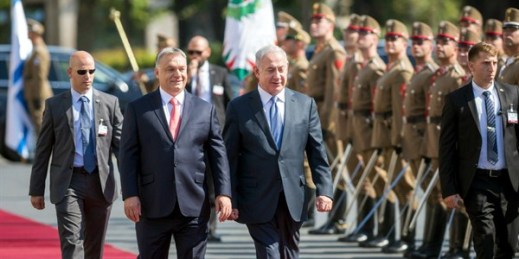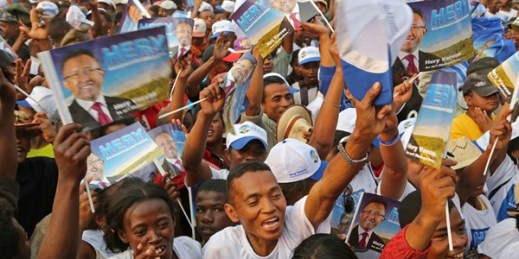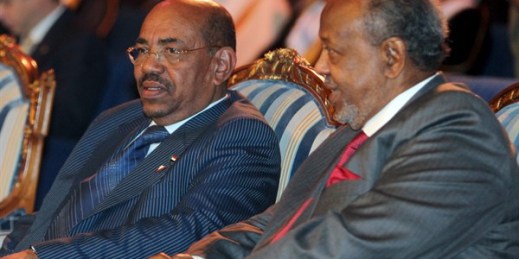
Israeli Prime Minister Benjamin Netanyahu’s recent trip to Europe brought him to Hungary at a time when the government there was being accused of deploying anti-Semitic imagery and rhetoric in a campaign against billionaire George Soros. During a meeting with Central European leaders, a hot mic picked up Netanyahu bashing the European Union’s policy with respect to Israel as “actually crazy.” In an email interview, Dr. Toby Greene, an Israeli Institute Post-Doctoral Fellow at the Leonard Davis Institute for International Relations at the Hebrew University of Jerusalem, explains why these mini-scandals were somewhat beside the point for a visit focused […]



